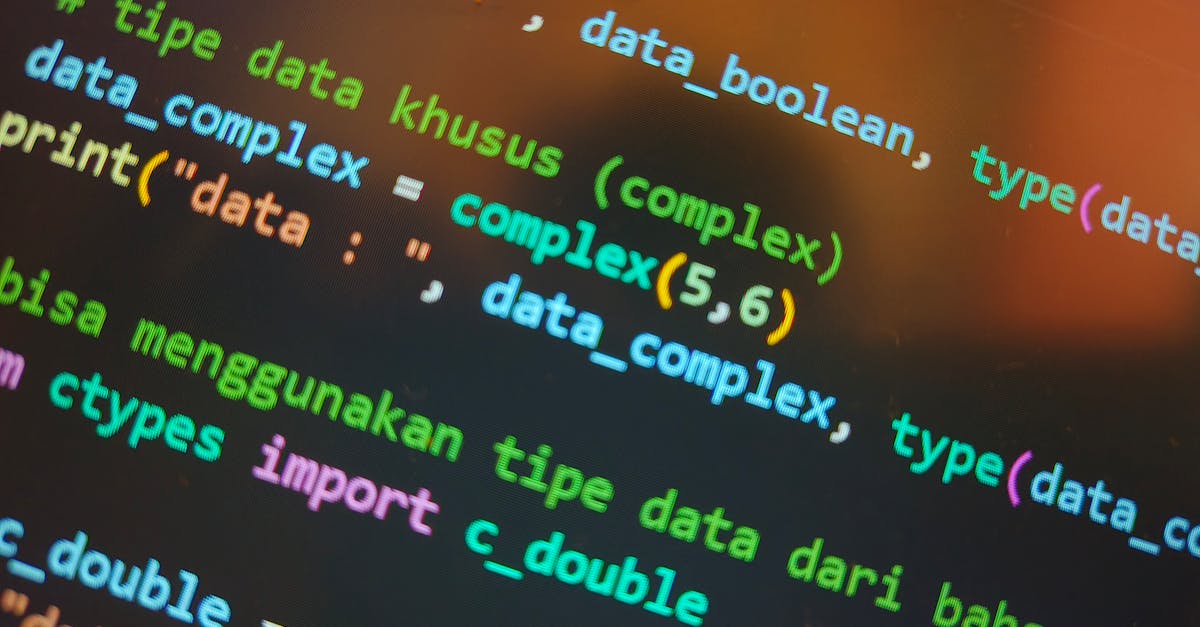Python is a language that loves to keep things simple, but what if it could also be a little cheeky? Enter operator overloading—a feature that lets developers redefine how operators behave with user-defined classes. Imagine being able to use the plus sign not just for adding numbers but for merging your favorite data structures. It’s like giving Python a personality makeover, and trust us, it’s worth it.
Table of Contents
ToggleUnderstanding Operator Overloading In Python
Operator overloading in Python lets developers redefine how operators work with user-defined classes. This capability allows operators to function beyond their standard roles, enhancing flexibility in programming.
What Is Operator Overloading?
Operator overloading refers to the ability to define custom behaviors for built-in operators like +, -, and *. Through special methods, also known as magic methods, developers customize the operations for their classes. For example, using the __add__ method enables the addition of two objects of a user-defined class. This feature makes classes more intuitive and supports natural expressions in code.
Importance Of Operator Overloading
Operator overloading holds significant importance in Python programming. First, it enhances code readability by allowing developers to use familiar operators. Second, it streamlines complex operations, making code easier to write and maintain. Third, using operator overloading promotes code reusability, as it allows existing operators to manage various object types seamlessly. By implementing this feature, developers create more engaging and dynamic code structures.
Basics Of Operator Overloading In Python
Operator overloading in Python redefines how operators behave with user-defined classes. This feature simplifies coding by allowing operators to serve multiple purposes based on context.
Syntax For Operator Overloading
Defining operator overloading involves implementing special methods. These methods start and end with double underscores. For instance, using __add__ facilitates the addition operator. Class developers invoke this method when using the + operator with instances of their class. Here’s a simple example:
class Vector:
def __init__(self, x, y):
self.x = x
self.y = y
def __add__(self, other):
return Vector(self.x + other.x, self.y + other.y)
This example illustrates how to add two Vector instances.
Common Operators That Can Be Overloaded
Multiple common operators can undergo overloading. Developers frequently overload arithmetic operators like +, -, and *. Relational operators such as == and > also see common usage. Bitwise operators like & and `
|
can enhance functionality. Additionally, assignment operators like+=` are also applicable. Each overloaded operator provides a tailored way to manipulate objects, resulting in clearer and more meaningful code.
Examples Of Operator Overloading In Python
Operator overloading in Python showcases its versatility through various applications, especially in arithmetic and comparison operations.
Overloading Arithmetic Operators
Overloading arithmetic operators enables user-defined classes to perform operations like addition and subtraction using built-in symbols. For instance, the __add__ method allows the plus operator “+” to combine objects. A simple Vector class can implement this by summing respective coordinates. Consider the following example:
class Vector:
def __init__(self, x, y):
self.x = x
self.y = y
def __add__(self, other):
return Vector(self.x + other.x, self.y + other.y)
v1 = Vector(2, 3)
v2 = Vector(5, 7)
result = v1 + v2
This example illustrates how the addition of two vectors results in a new Vector object. Overloading arithmetic operators enhances clarity and maintains a straightforward coding style.
Overloading Comparison Operators
Comparison operators can also be overloaded to facilitate intuitive object comparisons. The __eq__ method corresponds to the equality operator “==”, allowing developers to define what it means for two objects to be equal. For instance, in a class that represents geometric shapes, one might determine equality based on area. Here’s an example:
class Circle:
def __init__(self, radius):
self.radius = radius
def __eq__(self, other):
return self.area() == other.area()
def area(self):
return 3.14 * self.radius**2
circle1 = Circle(3)
circle2 = Circle(3)
is_equal = circle1 == circle2
In this case, the equality of two Circle objects is based on their sizes, not their parameters. By overloading comparison operators, it promotes intuitive relationships between objects, enhancing readability.
Best Practices For Using Operator Overloading
Operator overloading enhances the expressiveness of Python code, but its use requires careful consideration to maximize benefits. Proper implementation leads to clearer and more intuitive code.
When To Use Operator Overloading
Operator overloading proves useful in scenarios where user-defined classes need to participate in operations that involve standard operators. Developers should consider it when creating classes that naturally correspond to mathematical concepts, such as vectors or matrices. Use operator overloading for enhancing readability when combining objects or comparing them is essential. It’s beneficial in domains involving complex data structures, such as graphics or calculations. Whenever a class requires intuitive interaction with built-in operators, leveraging operator overloading enhances code flexibility.
Potential Pitfalls To Avoid
Operators could cause confusion when overloaded ineffectively, leading to misleading code behavior. Avoid implementing operator overloading that defies the expected logic of the operator, as this can hinder readability. Misuse of operator overloading may complicate debugging, as the standard operator meanings become obscured. Developers should also steer clear of overloading every operator, as this can clutter the class interface. Testing overloaded operators thoroughly is essential to prevent unexpected behavior. Maintaining consistency with operator usage across different classes contributes to overall clarity in code.
Conclusion
Operator overloading in Python opens up a world of possibilities for developers. By redefining operators, they can create intuitive and expressive code that mirrors real-world operations. This feature not only enhances code readability but also promotes reusability and flexibility.
Implementing operator overloading through special methods allows for a more natural interaction with user-defined classes. However, it’s crucial to approach this powerful tool with care to avoid confusion and maintain clarity. With thoughtful implementation and thorough testing, operator overloading can significantly enrich the Python programming experience, making it both enjoyable and efficient.



